The scientific program includes keynotes by leading researchers in the field ( Christine Moissl-Eichinger and Gunnar Rätsch) and selected presentations of contest dataset analyses. The two-day meeting will also feature a social dinner with and opportunities for informal discussions.
Program
Wednesday, 24 July 2019
| 08:15 | ISMB/ECCB Welcome | ||
| 08:30 | ISCB 2019 Overton Prize Award: Challenges and rewards of benchmarking – how to cope with a biased, incomplete, or even entirely missing ground truth | Christophe Dessimoz, University of Lausanne, Switzerland | |
| 09:30 | Coffee break | ||
| 10:15 | CAMDA Welcome | David P Kreil, Boku University Vienna, Austria | |
| 10:20 | CAMDA Keynote International Space Station and hospital environments: Composition and function of microbiomes in confined built environments | Christine Moissl-Eichinger, Medical University of Graz, Austria | |
| 11:20 | Data Analysis Challenges of the CAMDA Contest 2019 | Wenzhong Xiao, Stanford and Harvard Medical School, U.S.A. | |
| 11:40 | A Machine Learning Framework to Determine Geolocations from Metagenomics Profiling | Lihong Huang, Xiamen University, China | |
| 12:00 | Metagenomic sequence classification to search for the origin of samples | Jolanta Kawulok, Silesian University of Technology, Poland | |
| 12:20 | Comparison between functional profiles derived from whole genome sequencing and inferred from 16S sequencing | Carlos Loucera Clinical Bioinformatics Area, Fundacion Progreso y Salud, Spain | |
| 12:40 | Lunch break | ||
| 14:00 | Systematic evaluation of microbial abundance from amplicon and shotgun sequencing for machine learning prediction of sample origin | Julie Chih-yu Chen, Public Health Agency of Canada - National Microbiology Laboratory, Canada | |
| 14:40 | MetaSUB: A Global Atlas of the Urban Microbiome | David Danko, MetaSUB International Consortium / Weill Cornell Medicine, U.S.A. | |
| 15:00 | Integration of human cell lines gene expression and chemical properties of drugs for Drug Induced Liver Injury prediction | Witold R. Rudnicki, Institute of Informatics, University of Białystok / ICM University of Warsaw, Poland | |
| 15:40 | An ensemble learning approach for modeling the systems biology of drug-induced injury in human liver | Joaquim Aguirre-Plans, GRIB (IMIM-UPF), Spain | |
| 16:00 | Coffee break | ||
| 16:40 | Steps towards predictive models for DILI based on chemical structure and gene expression signatures and their interpretation | Anika Liu, University of Cambridge, U.K. | |
| 17:00 | Flash talks | ||
| Prediction of human clinical drug-induced liver injury: cell-line responses versus chemical structures | Thin Nguyen, Deakin University, Australia | ||
| A Novel Gene Selection Method for Gene Expression Data for the Task of Cancer Type Classification | Nuriye Özlem ÖZCAN ŞİMŞEK, Boğaziçi Unversity, Turkey | ||
| mi-faser based partition of the CAMDA 2019 mystery samples in the Metagenomic Forensics Challenge | Maximilian Miller / Yannick Mahlich, Rutgers University, U.S.A. | ||
| CAMDA Forensics Challenge: An Evaluation of Mass-Transit, Microbiome Profiles | Scott Lewis, Saint Louis University, U.S.A. | ||
| Constructing microbial fingerprint for unraveling city-specific signature and identifying sample origin locations | Susmita Datta, University of Florida, U.S.A. | ||
| 18:00 | CAMDA@ISMB/ECCB Poster Presentations | ||
| 20:00 | CAMDA Dinner, joint departure from lobby |
Thursday, 25 July 2019
| 8:30 | CAMDA Welcome | Joaquin Dopazo, Fundacion Progreso y Salud, Sevilla, Spain |
| 8:40 | CAMDA Keynote Transcriptome Alterations in Cancer: Challenges and Opportunities | Gunnar Rätsch, ETH Zurich, Switzerland |
| 9:40 | Coffee break | |
| 10:15 | Data Analysis Challenges of the CAMDA Contest 2019 (II) | Paweł P Łabaj, MCB Jagiellonian University, Poland |
| 10:20 | Analyzing cancer through Hipathia: a new insight on cancer signaling pathways | Marta R. Hidalgo, Centro de Investigación Príncipe Felipe, Spain |
| 10:40 | A systematic analysis of multiple cancer studies within a novel enhanced framework for semantic data integration | Maciej Kańduła, Boku University Vienna, Austria |
| 11:00 | A sparse Bayesian factor model for the construction of gene co-expression networks from single-cell RNA sequencing count data | Susmita Datta, University of Florida, U.S.A. |
| 11:40 | Benchmarking scRNA-seq clustering methods using multi-parameter ensembles of simulated data and workflows | Xianing Zheng, University of Michigan, U.S.A. |
| 12:00 | Comprehensive evaluation of transcriptome-based cell-type quantification methods for immuno-oncology | Gregor Sturm, Technical University of Munich, Germany |
| 12:20 | PRECISE: A domain adaptation approach to transfer predictors of drug response from pre-clinical models to tumors | Soufiane Mourragui, Delft University of Technology, Netherlands |
| 12:40 | Lunch break | |
| 14:00 | Evaluation of Connectivity Map shows limited reproducibility in drug repositioning | Nathaniel Lim, The University of British Columbia, Canada |
| 14:40 | Contest voting and summary | |
| 14:50 | Retrospective and Outlook: Metagenomic Forensic Challenge | Paweł P Łabaj, MCB Jagiellonian University, Poland |
| 15:20 | Retrospective and Discussion: Read-level Data Anonymization | Andre Kahles, ETH Zurich, Switzerland |
| 16:00 | Discussion & outlook | Wenzhong Xiao, Stanford and Harvard Medical School, U.S.A. |
| 16:20 | Awards and Closing | Julia E Vogt, ETH Zurich, Switzerland, and David P. Kreil, Boku University Vienna, Austria |
| 16:40 | Break (Grab and Go beverages) | |
| 17:00 | ISCB Accomplishments by a Senior Scientist Award Keynote | Bonnie Berger, Massachusetts Institute of Technology, U.S.A. |
Keynotes
Christine Moissl-Eichinger, PhD
Head of Center for Microbiome Research at Medical University of Graz, Austria
International Space Station and hospital environments: Composition and function of microbiomes in confined built environments – Keynote
Indoor environments, where people spend most of their time, are characterized by a specific microbial community, the indoor microbiome. Most indoor environments are connected to the natural environment, but some habitats are more confined: intensive care units, operating rooms, cleanrooms and the international space station (ISS) are extraordinary living and working areas for humans, with a limited exchange with the environment. All of these man-made confined habitats are microbiologically monitored and controlled. However, these measures might apply constant selective pressures, which support microbes with resistance capacities against chemical and physical stresses and thus might facilitate the rise of survival specialists and multi-resistant strains. In this talk, special characteristics of confined indoor microbiomes will be highlighted, and their specific functions and the consequences thereof will be discussed.
Gunnar Rätsch, PhD
Head of Biomedical Informatics at ETH Zurich, Switzerland
Transcriptome Alterations in Cancer:Challenges and Opportunities – Keynote
I will cover two recent works related to transcriptive aberrations in cancer. In the first part I will describe a comprehensive analysis of alternative splicing across 32 TCGA cancer types from 8,705 patients. We detect alternative splicing events and tumor variants by reanalyzing RNA and whole-exome sequencing data. Tumors have up to 30% more alternative splicing events than normal samples. Association analysis of somatic variants with alternative splicing events confirmed known trans-associations with variants in SF3B1 and U2AF1 and identified additional trans-acting variants. Many tumors have thousands of alternative splicing events not detectable in normal samples; on average, we identified ≈930 exon-exon junctions (“neojunctions”) in tumors not typically found in GTEx normals. I will discuss possible implications for immunotherapies. In the second part, I will discuss an analysis within the contact of the ICGC/PCAWG project. Here we analyzed different transcriptome alterations, including expression, allelic imbalance, RNA-editing, alternative splicing and perform a novel recurrence analysis across RNA alterations that give rise to new insights into oncogenic processes.
About the speaker: Gunnar Rätsch leads the Biomedical Informatics group at the Institute of Machine Learning at
ETH Zurich since May 2016. Before, he was an Associate Professor at Memorial Sloan Kettering
Cancer Center and Weill Cornell Medical College in New York City, where he will continue to
hold adjunct positions for the coming years.
Gunnar Rätsch studied computer science and physics and obtained his Ph.D. degree in Machine
Learning in 2001 at the National Institute for Data Analysis in Berlin. As a postdoctoral fellow he
was at the Research School of Information Sciences and Engineering of the Australian National
University in Canberra (Australia) and at the Max Planck Institute for Biological Cybernetics in
Tübingen (Germany). Between 2005 and 2011 he also led a research group at the Friedrich
Miescher Laboratory of the Max Planck Society in Tübingen (Germany).
His group’s research at ETH lies at the interface between methods research in machine learning
& sequence analysis and relevant application areas in biology & medicine. In interdisciplinary
collaborations, his group has significantly contributed to the understanding of several RNA-
dependent processes including RNA splicing and translation.
Current research focuses include large-scale Machine Learning, accurate transcriptome
reconstruction, identification of RNA-processing regulators, developing clinical decision support
systems (analysis of electronic health records (EHR)) and developing methods and resources for
international data sharing of genomic and clinical data. He is leading multiple international
working groups, including the RNA analysis group of the International Cancer Genome
Consortium. He is an active contributor to the Global Alliance of Genomics and Health (GA4GH),
an international organization that promotes and technically supports data sharing across
institutional and country boundaries. He leads the data group of the BRCA Challenge project, a
driver project of GA4GH.
Sign up to our low-volume announcements mailing list!
Check also our open forum for general discussions , including ideas and the development of future of contest data sets and challenges!
![]() Follow us in twitter
Follow us in twitter

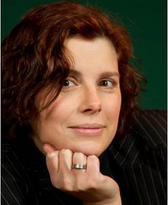

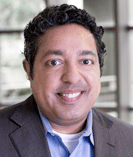
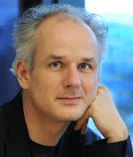
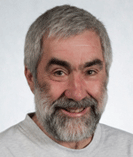
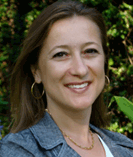
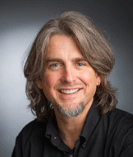
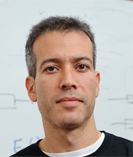
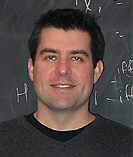
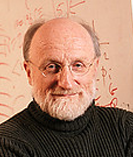
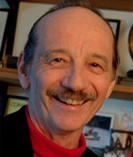
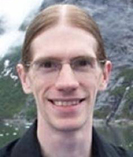
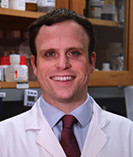
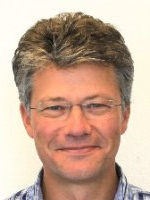
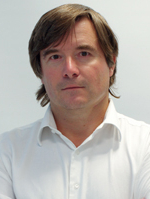



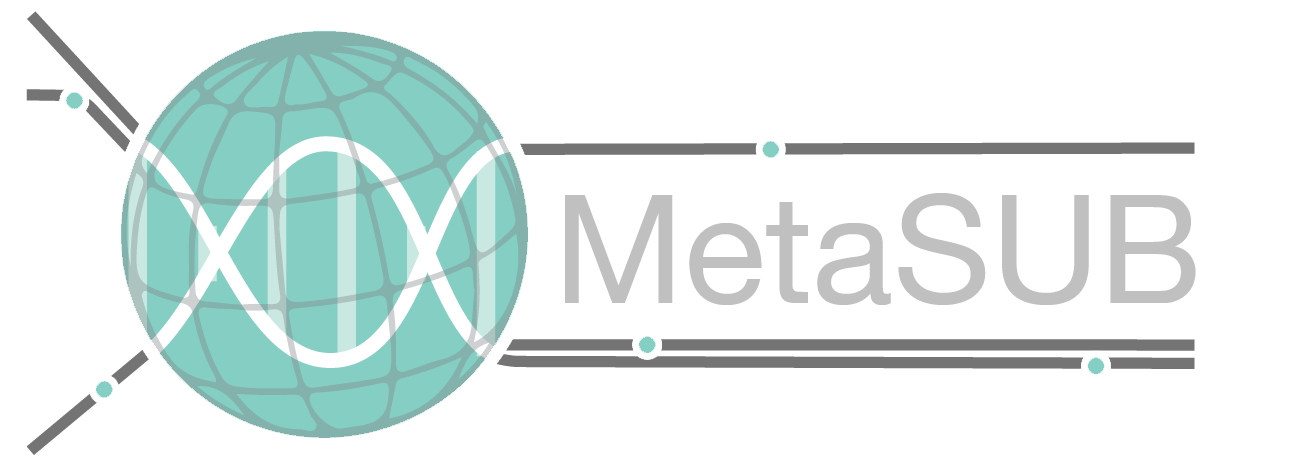

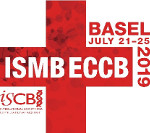



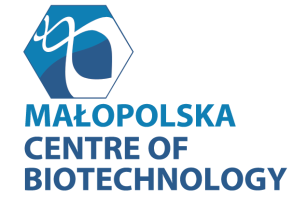

STAY CONNECTED
Tweet